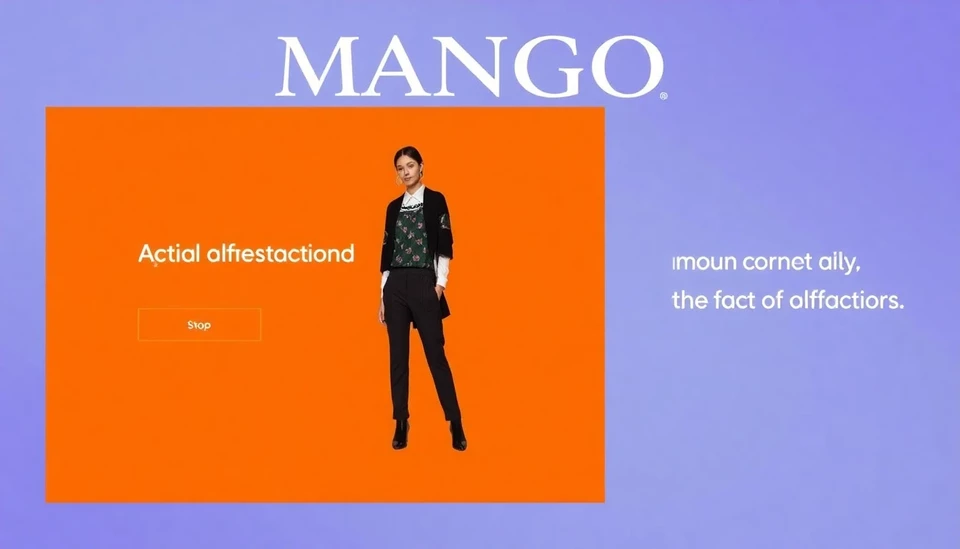
In a groundbreaking move for the fashion industry, Spanish clothing giant Mango has unveiled its latest initiative that leverages artificial intelligence to reshape its advertising strategies. This innovative approach aims to reduce costs and enhance creative flexibility by using digital avatars of models instead of traditional human counterparts in promotional materials.
The introduction of AI-generated models marks a significant shift in Mango's marketing efforts, as the company seeks to adapt to the evolving landscape of consumer engagement. Mango's new strategy not only allows for a broader reach in terms of its advertising appeal but also aligns with contemporary values around diversity and representation in fashion.
Mango’s Chief Executive, Toni Ruiz, stated that the implementation of AI technology would not replace real-life models entirely; instead, it serves as a complement to traditional methods to create a more dynamic advertising experience. The digital models can be tailored in real-time, offering varying looks and styles that reflect the company's diverse product range.
This move comes amid a growing trend within the fashion sector to utilize digital technology for marketing and sales. With the looming challenges posed by a global economic downturn, brands are increasingly looking for innovative ways to cut costs and maintain their competitive edge. By utilizing AI for advertising, Mango can expect to achieve significant savings in terms of production and logistics.
As part of this strategy, Mango has indicated a focus on sustainability. The use of AI avatars reduces the need for physical photoshoots, which often require extensive travel and resources. This aligns with the industry's ongoing commitment to reducing its carbon footprint while appealing to an eco-conscious consumer base.
Furthermore, the integration of AI into fashion advertising taps into the growing influence of technology in the everyday lives of consumers. As online shopping continues to dominate the retail space, brands are compelled to create visually engaging content that stands out in crowded digital marketplaces. This AI implementation is poised to enhance customer interaction, potentially leading to increased brand loyalty.
Despite the excitement surrounding this technological advancement, it also raises pertinent questions regarding the role of human models in the industry. While AI can provide cost-effective solutions, the emotional connection that human models foster cannot be replicated. Experts suggest that while AI has its place in advertising, it should complement rather than replace the human touch that resonates with consumers.
As Mango embarks on this exciting venture, it sets a precedent for other fashion brands looking to innovate within the marketing domain. With the ongoing evolution of AI and its capabilities, the fashion landscape is poised for a transformative shift that could redefine how brands engage with their audiences.
#Mango #FashionInnovation #AIModels #DigitalFashion #Sustainability #TechInFashion
Author: Victoria Adams




